There are few things in life more frustrating than that longing to own your own home combined with the very real fact that your bank account is a bit on the skimpy side. The media is full of stories about shrinking home inventories and multiple-offer situations so there are obviously others who have found a way to swing the dream of home ownership. “What’s wrong with me?” you may wonder.
Sixty-nine percent of Americans have less than $1,000 in a savings account, according to a GO BankingRates study. Sadly, 34 percent have nothing saved. So, to answer your question, nothing is wrong with you. You are among the millions of Americans who, for one reason or another, haven’t saved for the future.
Of course, that’s little consolation when all you want is to wave goodbye to your landlord and get settled in your own home. If it’s consolation you want, however, it’s consolation we’ll give. There are a number of ways to get your hands on that chunk of money you’ll need at closing when you buy a home. From second loans to outright grants, government programs abound.
If you’ve tried those with no luck, consider using the funds in your retirement account.
Mixed advice from financial professionals
Yes, many financial pros will say that we’re crazy for recommending this strategy which is why we always remind you that we aren’t financial experts and you should speak with yours before seriously entertaining using your retirement funds to buy a house.
That said, there are those who wholeheartedly agree with the concept. “Right now, affordable prices and low interest rates offer an unusual opportunity to buy a home, so we do sometimes recommend that our clients borrow against their retirement. Owning a home is an important way to build financial security,” Ben Barzideh, a wealth adviser at Piershale Financial Group Inc. in Illinois tells bankrate.com’s Michele Lerner.
Most agree, however, that the strategy works best for younger homebuyers who have many, many years to rebuild their retirement nest eggs.
Using your 401(k)
Retirement plans are not required to allow loans, but 80 percent of employer-sponsored 401(k) plans do allow their participants to borrow against their savings, according to the Employee Benefit Research Institute. It’s important to determine if your plan is among those that do.
Then, learn what restrictions the employer places on these loans. “Employers can limit the amount that can be borrowed and they can have their own rules around loans,” Hattie Greenan, director of research and communications for Plan Sponsor Council of America tells the Washington Post’s Jill Chodorov Kaminsky.
“They can limit the number of loans per year, put a percentage of assets cap on it, as well as set the interest rates,” Greenan continues.
The beauty of borrowing against your 401(k) is that there is no bank involved, so therefore no credit check, making it quicker to get your hands on your cash. Your lender will like this as well – a credit pull will ding your credit score.
One of the biggest downsides to using funds from your 401(k) happens if you find you can’t repay the loan according to the terms you agreed to. The outstanding balance will be reported to the IRS as a distribution and you’ll have to report it as income. “You must include this amount in your gross income in the year in which the distribution occurs,” Kaminsky cautions. You may also be taxed an additional amount, depending upon your age.
Be aware as well that most employers will demand repayment either immediately or within 60 days of a separation – whether you voluntarily quit or are fired or laid off.
Raid your IRA
Funds in both the traditional and Roth IRA can be used to help you purchase a home. This strategy differs from using the 401(k) in that the IRS forbids loans from an IRA – you must take a disbursement.
The good news is that even if you haven’t reached the golden age of 59 ½ years of age, you can still avoid the IRA 10 percent early withdrawal penalty. The bad news is that you may still be dinged for taxes on the withdrawal if you have a traditional IRA. You already paid taxes on your Roth IRA funds, so that disbursement won’t trigger the IRS’ itchy fingers, as long as the account has been open for at least five years.
It’s a bit more complicated than this, however. With a Roth IRA, for instance, you’ll need to be careful to use only contribution money, not earnings.
Again, there’s a lot to learn about using your IRA to fund your down payment and closing costs and only a financial professional can adequately counsel you.





